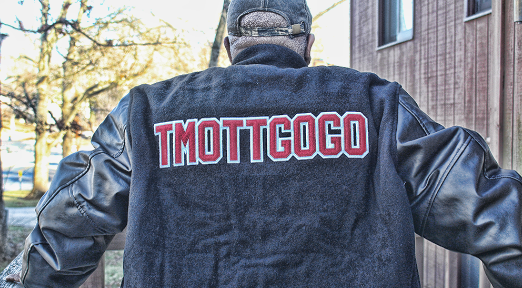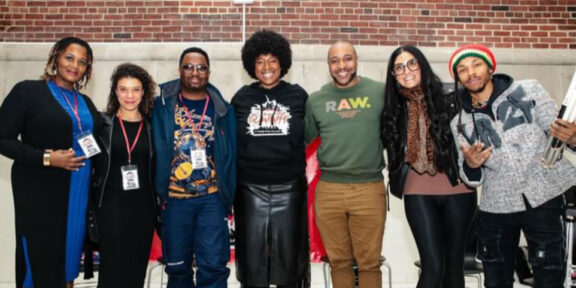A Black man, a son of immigrants, an entertainer and a fervent defender of civil rights, Harry Belafonte broke the mold for Black entertainers aiming to enter Hollywood. But he also showed that it is not necessary to compromise one’s beliefs to achieve success.
Belafonte took his permanent resting place among the ancestors on Tuesday, dying of congestive heart failure. He was 96 years old.
Born in Harlem, New York, to Jamaican and Martinique parents, Belafonte started his career far from the entertainment world. Having dropped out of high school, he enlisted in the Navy in 1944. Upon his return from deployment, he worked as a janitor. He eventually fell in love with entertainment after attending a play at the American Negro Theater and enrolled in classes at Erwin Piscator’s Dramatic Workshop.
By 1950, Belafonte was a folk singer, specializing in Caribbean folk music, or calypso. Earning the title “King of Calypso,” he helped popularize the genre in the United States through songs such as “Jamaica Farewell” and had a 31-week run on the Billboard charts with his third studio album, “Calypso,” in 1956.
“Jamaica Farewell” – Harry Belafonte
Between 1953 and 1954, he made his debut on Broadway in John Murray Anderson’s “Almanac.” He later won a Tony for supporting actor. In 1960, he won an Emmy for his work on the program, “Tonight with Belafonte.” Having starred in a number of films such as “Carmen Jones” (1954) and “Island in the Sun” (1957), he eventually became the first African-American producer in television. He also received three Grammys and an Oscar, making him an EGOT winner.
Known for his charm, his handsome looks and his enchanting voice, he was certainly accomplished as an entertainer. At the same time, though, he maintained deep connections with his humble Afro-Caribbean roots. Belafonte worked hard to advocate on behalf of the Black community.
During the Civil Rights Movement, he marched alongside activists and helped bail out those who were jailed. A confidante of Martin Luther King Jr., he helped organize the 1963 March on Washington, according to CNN. He also aligned himself with African initiatives, raising money for famine relief and protesting against apartheid.
Belafonte believed in the political agency of Black leaders, but they were not spared from his criticisms, as he always questioned how they were supporting the Black community. A believer in political dissent, he claimed that it is “central to any democracy.”
Throughout his life, Belafonte received a number of accolades for his activism and humanitarian work, including the Kennedy Center Honors (1989), the National Medal of Arts (2000) and the Jean Hersholt Humanitarian Award (2014).
Belafonte leaves behind a rich legacy, lined dually with his talent and dedication to the betterment of his fellow man. His occupancy on this earth is no longer physical, but those of us who dare to make a difference in this world can look to the King of Calypso for inspiration on how to lead with strength and with grace.
Belafonte once said, “If I’ve impacted one heart, one mind, one soul and brought to that individual a greater truth than that individual came into a relationship with me having, then I would say that I have been successful.”
As the world continues to mourn his death, it is clear that “success” as a measure of his influence serves as nothing more than an understatement.
Cory Utsey is a reporter for HUNewsService.com and covers music.












